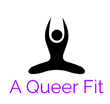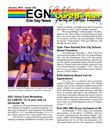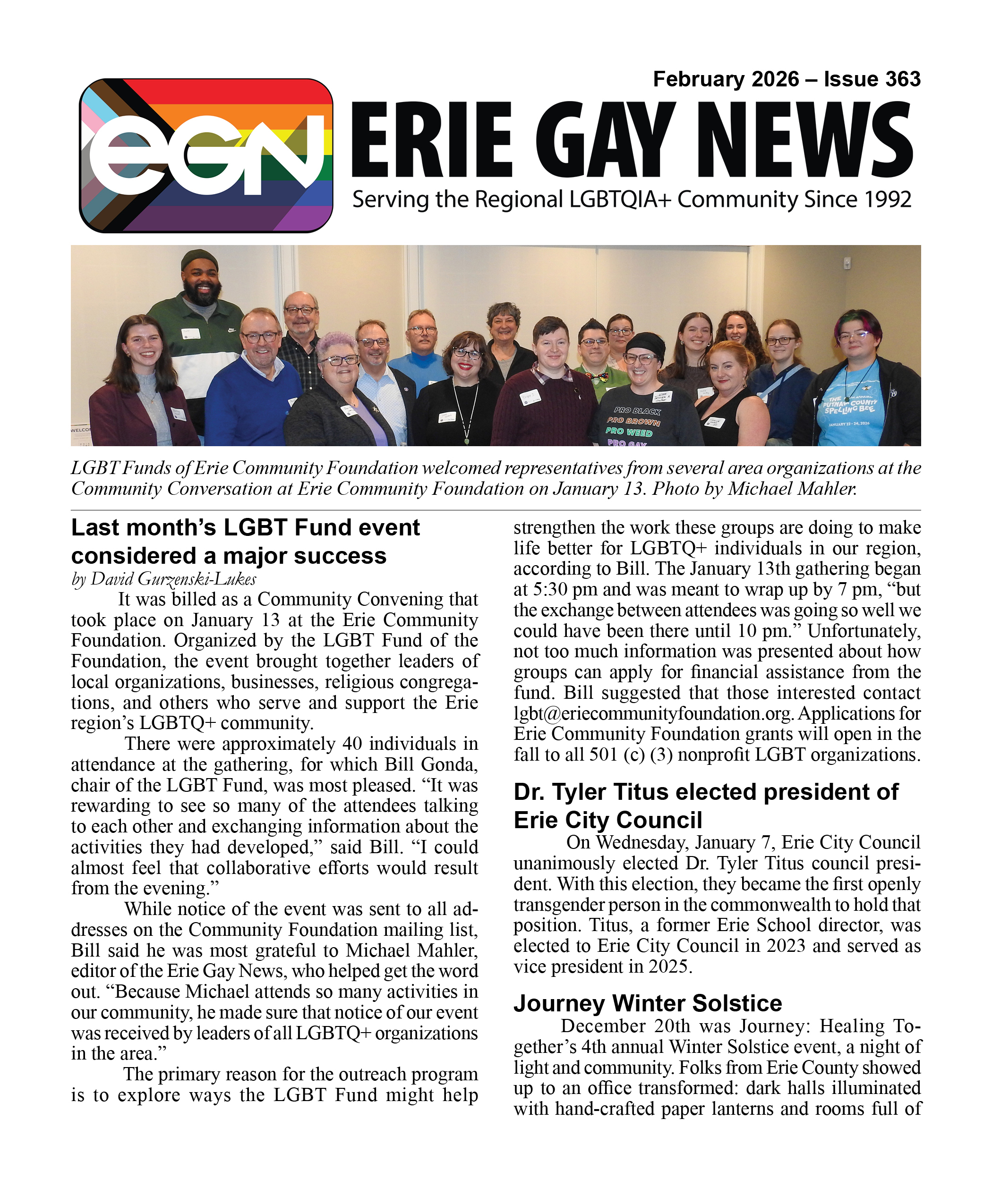What is Fitness?
Fitness (n.): the quality of being fit. Golly, Merriam-Webster, this seems a bit circular, but I'll play your little game…
Fit (n.): sound physically and mentally. So fitness is the quality of soundness? Ugh. Let's take a moment to expand our understanding and try to come up with a definition for "a queer fit".
As an exercise physiologist I prescribe physical activity based on the scientific evidence that it measurably improves health outcomes. Cardiovascular activity such as brisk walking reduces blood pressure and lowers the risk of heart disease, our number one killer in the US according to the Centers for Disease Control and Prevention. Strength training such as lifting weights or calisthenic practices like yoga and Pilates improves functional capacity, muscular endurance and bone health. Flexibility training improves the range of motion around our joints and balance training reduces the likelihood of falls.
So why is it that my students have a totally different perspective on "fitness"? Just what are they trying to "fit"? I can sum this up in just a few words:
"Does this make me look (insert negative visually descriptive word of choice here)?"
Sadly, body image is a slave driver to many people living in our corporate controlled, hyper-capitalist culture. And body image for our community is incredibly fraught: some reject any attempts at anti-obesity messaging on feminist principles; eating disorders are more common, especially in gay and bisexual men; and transgendered individuals must wade through tremendous amounts of information to try to find safe, effective methods to shape their flesh in ways that feel appropriate.
How you look influences how you feel physically and emotionally, so to be "sound" or "free from injury or disease", body image cannot be ignored. But letting it flog you mercilessly is the precise opposite of fitness as negative thought patterns typically lead to negative behavior patterns which frequently sabotage rather than support health.
Let's not forget another important consideration while we are defining terms: "fit for what?" Many forms of modern life require very little energy expenditure and therefore doing little or nothing makes us "fit" for hour-long commutes, eight-hour desk jobs, video game marathons and binge watching (fill-in-your-own-favorite-flavor) media. Performing 1000 crunches daily will make you fit to…perform 1000 crunches every day. A fundamental principle of exercise science is that we improve at that which we practice. I have studied yoga for more years than I care to admit, and there is no doubt that my flexibility and stamina in certain areas of my body have increased. Think about what it is you wish to do: live a long, healthy full life; be strong for a sport; be a better lover (yes, fitness is involved here, folks); or compete to turn heads on the catwalk. Then design a physical activity regimen which allows you to emphasize specifically those areas of exercise training in order achieve your unique brand of "fitness".
My desire for you is that you find a personal definition of fitness that is both aspirational and revolutionary. You should "fit" inside your own skin every day with more ease and joy. You should wake up rested and ready for the day's slings and arrows. Food should be an ally, a tool, a shared and life-affirming experience. Movement should be a pleasurable, rewarding and natural part of your daily life. Exercise programming should support whatever personal athletic and aesthetic goals are realistic and attainable for you in this moment.
Until the next article, I'll see you in the gym (or out on the park trail!),
Amy S. Kreger amy.s.kreger@gmail.com
MS Health, Physical Activity and Chronic Disease



